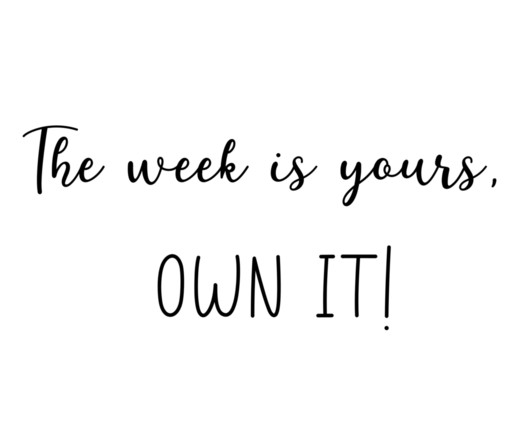Autism Social Skills Training: Strategies for Developing Empathy
Relias
JANUARY 3, 2023
Many individuals with autism spectrum disorder (ASD) have some level of difficulty with social communication and interaction skills. Through SST, clients are exposed to scenarios designed to help them better understand and act on: Displays of empathy. Cultural norms around social interaction. How to behave in particular settings.

















Let's personalize your content